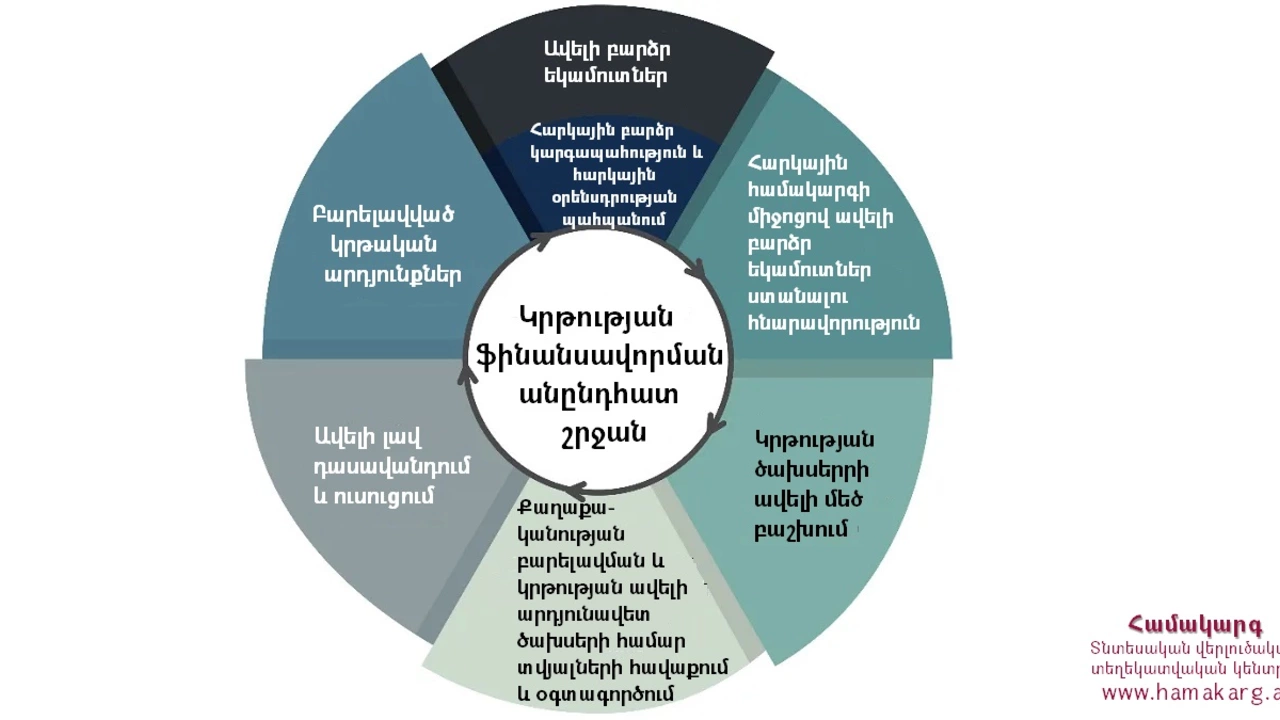Improvement Tips for Better Learning
Feeling stuck with your studies? You’re not alone. Most of us hit a plateau at some point, whether it’s a tough subject, low grades, or just a lack of motivation. The good news? Small changes can make a big difference. Below you’ll find easy-to‑apply ideas that help you improve your learning without overwhelming your schedule.
Why Improvement Matters
Improvement isn’t just about getting higher scores; it’s about building confidence and making learning enjoyable. When you see progress, even tiny gains, you’re more likely to stick with a habit. That momentum can turn a mediocre semester into a standout one. Plus, the skills you sharpen now – time management, critical thinking, self‑discipline – pay off long after the exams are over.
Think of improvement like a workout. You don’t expect to run a marathon after one jog, but if you keep adding a few minutes each week, the distance grows naturally. The same principle works for studying: consistent, incremental steps add up.
Quick Actions to Upgrade Your Learning
1. Set micro‑goals. Instead of “study chemistry all night,” try “review chapter 3 notes for 20 minutes.” Small, clear targets are easier to start and finish, keeping procrastination at bay.
2. Use active recall. Close the book and try to write down everything you remember. This forces your brain to retrieve information, which strengthens memory far better than passive rereading.
3. Chunk your study time. Break sessions into 25‑minute blocks (the Pomodoro method) with a 5‑minute break. Short bursts keep focus high and fatigue low.
4. Teach what you learn. Explain a concept to a friend, a family member, or even an imaginary audience. Teaching forces you to organize thoughts, spot gaps, and solidify understanding.
5. Optimize your environment. Remove phone notifications, keep only the materials you need, and choose a well‑lit, quiet spot. A tidy space reduces distraction and signals your brain that it’s work time.
6. Review weekly. At the end of each week, spend 15 minutes flipping through notes from the past days. Regular review prevents the “forgetting curve” from erasing what you’ve learned.
7. Leverage online resources. Platforms like Khan Academy, Coursera, or even YouTube offer short videos that explain tough topics in different ways. A fresh perspective can click where textbook explanations fail.
8. Track progress. Keep a simple log of what you studied, how long, and how confident you felt afterward. Seeing patterns helps you double down on strategies that work and ditch those that don’t.
Implementing even three of these actions can spark noticeable improvement. Start with the ones that feel easiest, then layer in more as you get comfortable. Remember, the goal isn’t perfection; it’s steady forward motion.
Finally, give yourself credit. Celebrate finishing a study block, mastering a tricky problem, or simply sticking to your schedule for a week. Positive reinforcement keeps the habit loop healthy and sustainable.
Ready to level up? Pick one tip, try it today, and watch how a small tweak can set the stage for bigger gains. Your future self will thank you.

What is the best way to improve the educational system?
In my opinion, the best way to enhance the educational system is by focusing on personalized learning, integrating technology, encouraging critical thinking, and supporting teacher training. It's essential to tailor the curriculum to each student's unique learning style to keep them engaged and motivated. Using technology in the classroom can help make learning more interactive and fun. Meanwhile, fostering critical thinking skills can empower students to become independent learners. Lastly, regular training and development opportunities for teachers ensure they are updated with the latest teaching methods and tools.
Read More